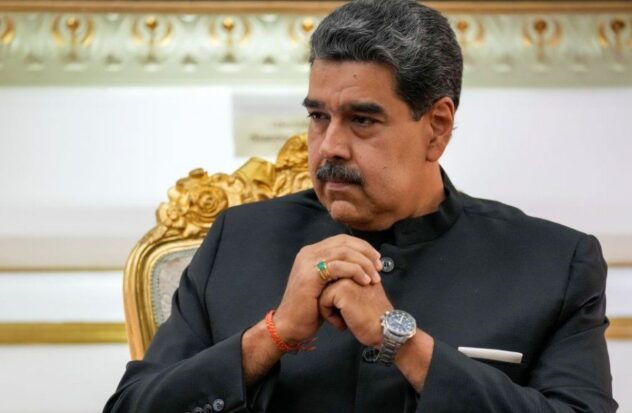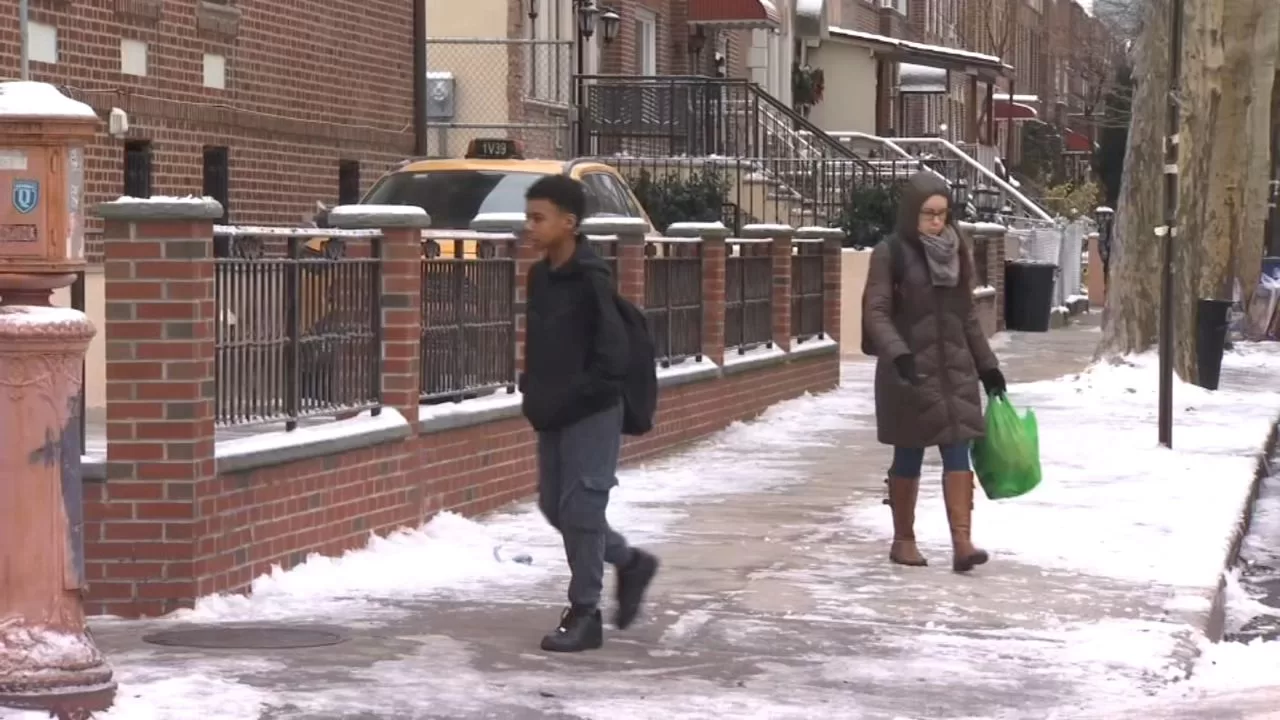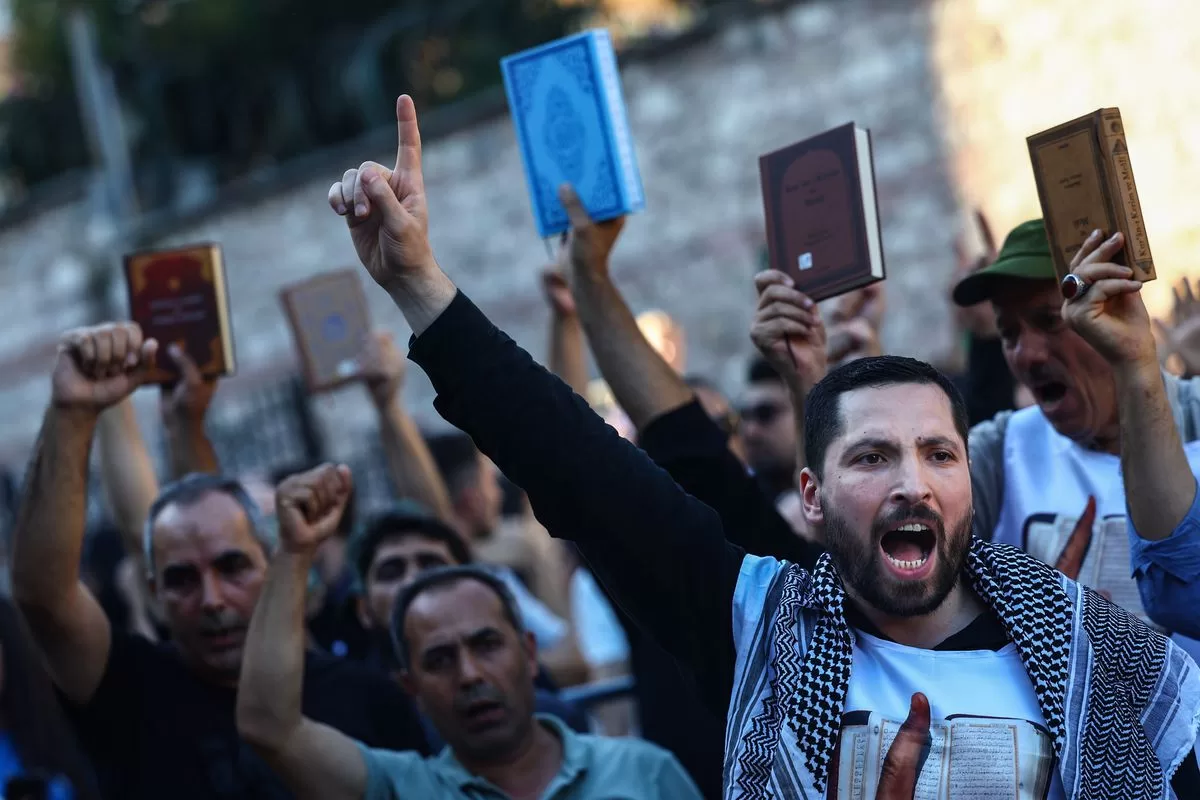WASHINGTON — The United States will not renew the license that authorized the operations of American companies in the oil and gas industry of Venezuelaconsidering that the Nicolás Maduro regime has not fulfilled the commitments it acquired in the Barbados Agreementsigned with the country’s opposition last October, and which outlined a roadmap of electoral guarantees for this year’s presidential elections.
General License 44 was issued in October 2023, a few days after representatives of the regime and the Democratic Unitary Platforma coalition of the main opposition parties, will sign the call Barbados Agreement, on the Caribbean island of the same name. General License 44 allowed US companies to carry out crude oil production and export operations jointly with the Venezuelan state-owned Petróleos de Venezuela, SA (PDVSA) from Venezuelan territory.
“After a careful review of the current situation in Venezuela, USA determined that Nicolas Maduro and its representatives have not fully fulfilled the commitments made in the electoral roadmap agreement, which was signed by representatives of Maduro and the opposition in Barbados in October 2023. Therefore, General License 44, which authorizes transactions related to oil or gas sector operations in Venezuelawill expire at 0:01 a.m. on April 18,” the State Department reported this Wednesday in a press release on its website.
He added in his text that although Maduro has “fulfilled some of the commitments made” in Barbados, “we are concerned that Maduro and his representatives prevented the democratic opposition from registering the candidate of their choice, harassed and intimidated political opponents and unjustly detained numerous political actors and members of society civil”.
And he emphasized: “again we call on Maduro to allow all candidates and parties to participate in the electoral process and release all political prisoners without restrictions or delays.”
The press release explained that upon expiration of the license’s validity period, USA will grant a 45-day grace period to US companies that are operating in Venezuela to close their operations. He also indicated that the Treasury’s Office of Foreign Assets Control (OFAC) will consider specific license requests to continue activities beyond the end of the liquidation period, and that this will be done on a case-by-case basis.
In it Barbados Agreement It established commitments on the part of the regime and the Venezuelan opposition to guarantee that the next presidential elections in July are free and transparent. Among those commitments was that anyone who expressed their desire to enter the race would be allowed to participate as a candidate. However, the Maduro regime maintained a political disqualification of the main opposition leader María Corina Machado that prevents her from holding public office for 15 years.
Machado She was proclaimed as the unitary opposition candidate after she won a primary in October 2023 with 92% of the votes.
By not being able to register with the National Electoral Council (CNE), Machado appointed academic Corina Yoris as his replacement. But Yoris could not register either because it was impossible for her to access the automated application system. The CNE alleged that alleged “technical problems” caused the candidate to be unable to access the platform.
Likewise, from January to today, the Maduro regime has detained several members of Machado’s party, Vente Venezuela, whom it has linked, without evidence, to alleged conspiratorial plans to attack the ruler’s life.
Impact of the decision
The Biden Administration has interpreted the latest events in the country as a democratic setback.
“Maduro and his representatives did not fully comply with the spirit or the letter of the agreement,” a US official told the media this Wednesday, according to The New York Times.
The US decision on sanctions a Venezuela It was highly anticipated, not only because of the upcoming July elections, but also because of the economic performance of the Caribbean country.
“If the license is revoked there will be no political changes, but the small hope of an economic recovery is curtailed,” estimated Oscar Duval, president of the Rendivalores brokerage house. Venezuela It had a growth of 15% in 2022 and 5% in 2023 according to the regime, after eight years of recession, in which the GDP contracted 80%.
The embargo on oil and gas Venezuela It was imposed in 2019 as part of a battery of sanctions to try to bring about the fall of Maduro after the 2018 elections, considered fraudulent by Washington.
The reversal of the relief of sanctions against Venezuela also occurs when the Caribbean country is going through a migration crisis that has affected the entire American continent. More than 7 million Venezuelans have fled their country since 2014, according to United Nations figures. Millions of them have crossed Central America to reach Mexico and the United States. Migration is one of the central issues of the US elections in November.
Furthermore, the US, and also Europe, have been looking for stable energy sources since the Russian invasion of Ukraine. The US sought to use the energy supply as a weapon to negotiate with the Maduro regime from whom it asks for a democratic opening. However, all attempts have failed so far.
The Democratic Unitary Platform managed to register a minor candidate, Edmundo González Urrutia, with the hope of replacing him at some point.
Weeks ago, the US government said it had little hope that the Venezuelan presidential elections would be a transparent process.
Source: EDITORIAL / With information from Europa Press / AFP





